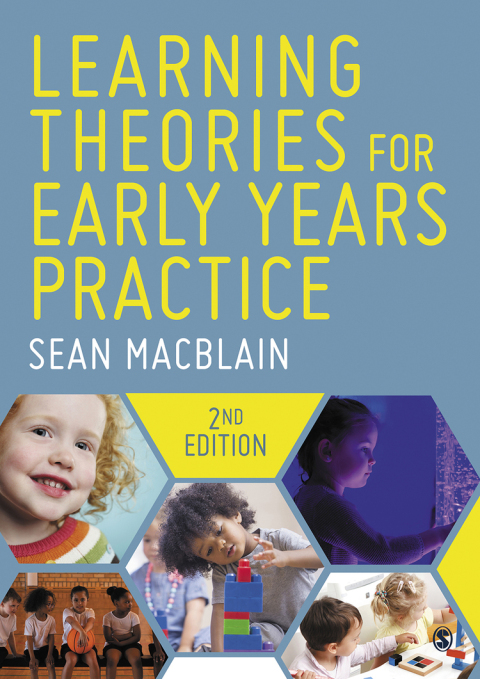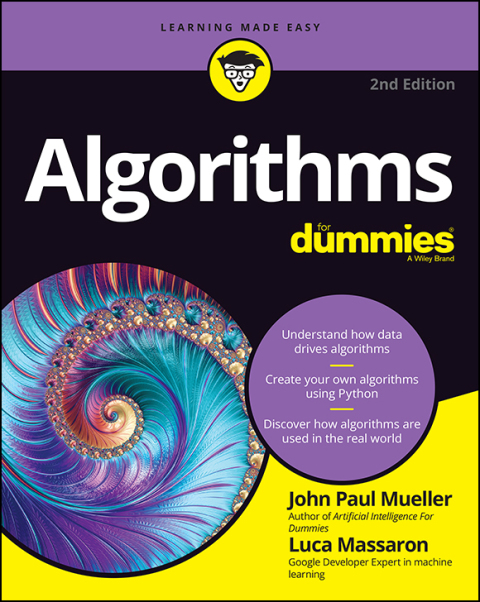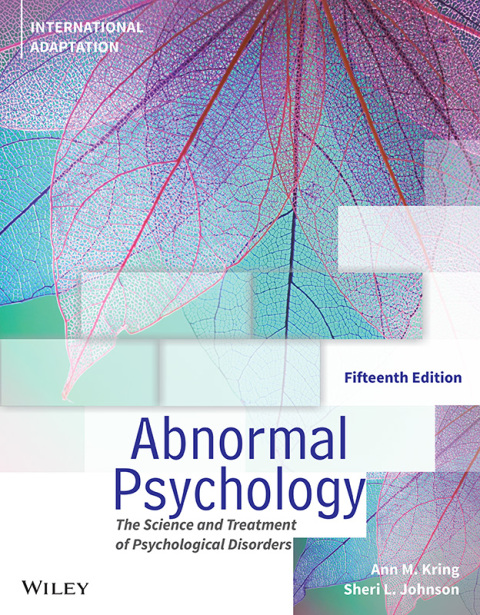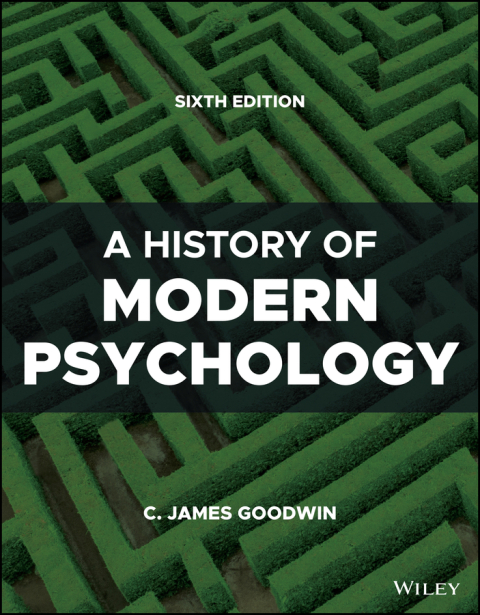Description
Efnisyfirlit
- About the Author
- Foreword by Glenda Walsh
- INTRODUCTION
- About this Book
- Aims of the Book
- Early Years Practice in Context
- PART 1 EARLY INFLUENCES
- John Locke and the Emergence of Empiricism
- Jean-Jacques Rousseau and the Concept of ‘Child’
- Johann Pestalozzi and the Importance of Nature
- Friedrich Froebel and the Importance of Play
- Rachel and Margaret McMillan and Social Reform
- The Psychodynamic Tradition
- Rudolf Steiner and the Changing Needs of Children
- Maria Montessori: The Environment and Learning
- PART 2 MODERN INFLUENCES
- John Dewey and Child-centred Education
- Burrhus Skinner and the Behaviourists
- Jean Piaget: An Enduring Legacy
- Lev Vygotsky: Learning and Social Constructivism
- John Bowlby and Early Attachment
- Albert Bandura and Social Learning Theory
- Urie Bronfenbrenner: Learning in the Wider Context
- Jerome Bruner and Constructivism
- Howard Gardner and Theories of Multiple Intelligence
- Reuven Feuerstein and Instrumental Enrichment
- Nel Noddings and the Ethics of Care
- Te Whāriki
- Loris Malaguzzi and Reggio Emilia
- Carol Dweck and Children’s Mindsets
- Guy Claxton: Building Learning Power
- PART 3 CHALLENGES FOR THEORISTS IN A CHANGING WORLD
- The Realities of Childhood Today
- Emotional Intelligence
- How Children Play
- Learning and the Brain
- The Emergence of Digital Learning
- Glossary
- Index






